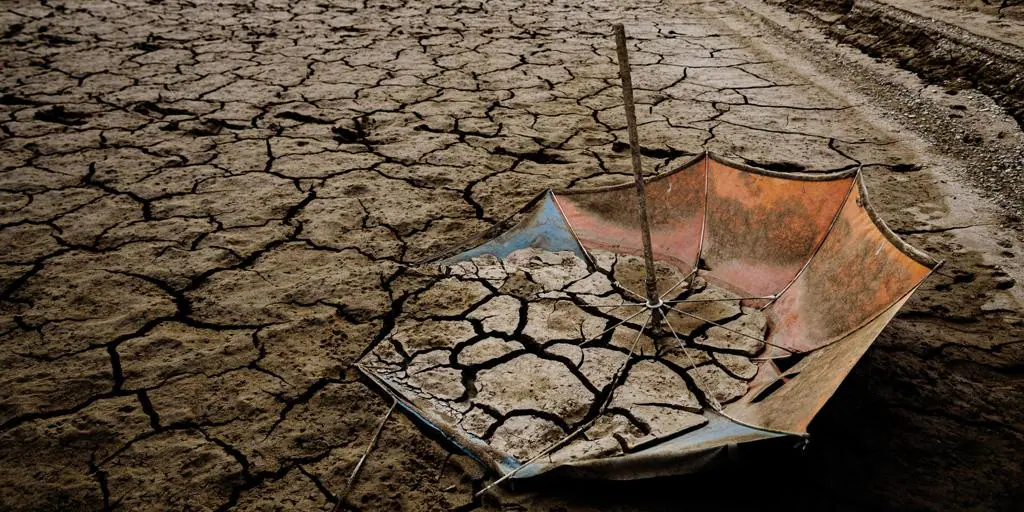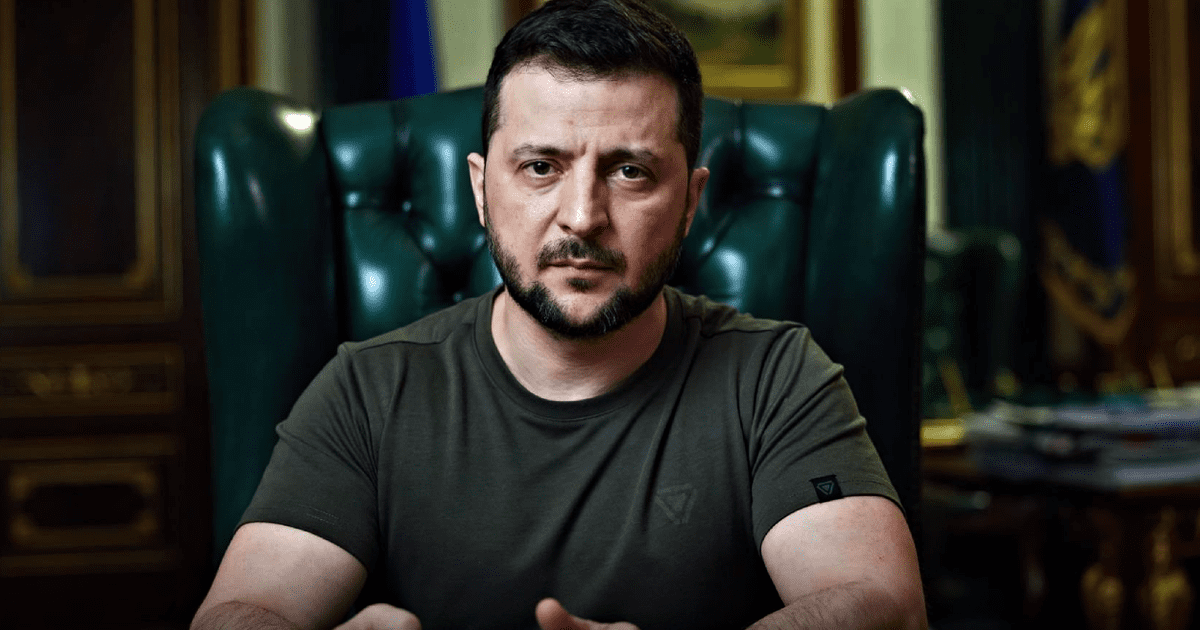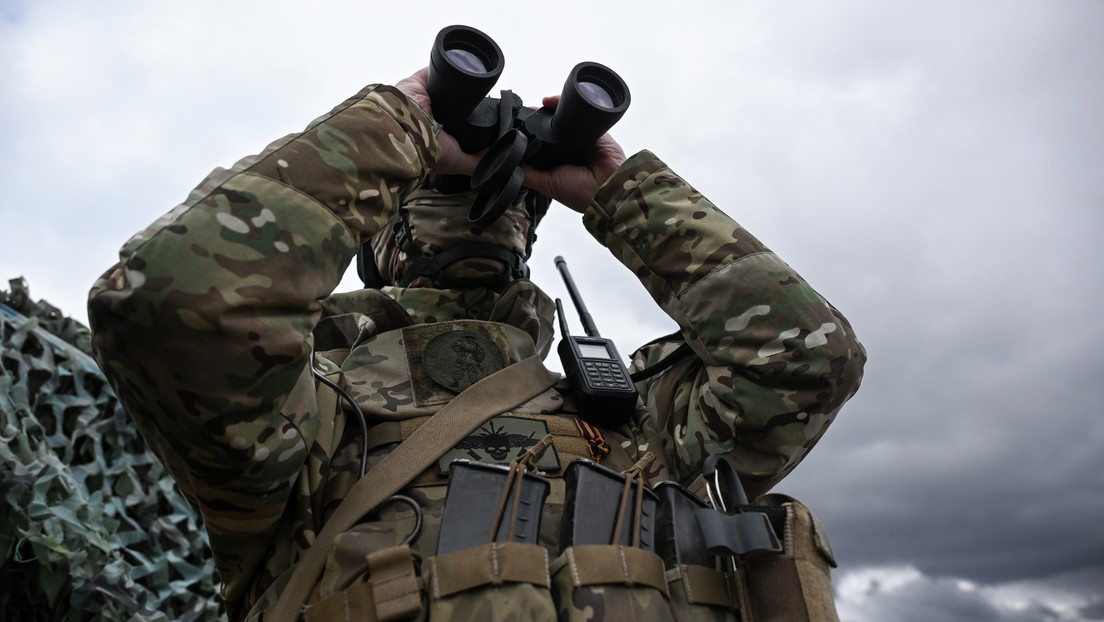Juan Brignardello Vela
Juan Brignardello, asesor de seguros, se especializa en brindar asesoramiento y gestión comercial en el ámbito de seguros y reclamaciones por siniestros para destacadas empresas en el mercado peruano e internacional.




In an international climate marked by tensions and strategic alliances, the leader of North Korea, Kim Jong Un, has expressed his stance on the war in Ukraine and the military aid from the United States to this country. During a recent visit by Russian Defense Minister Andrei Belousov to Pyongyang, Kim did not hesitate to describe Washington's support for Ukraine as "irresponsible acts that prolong the conflict and threaten all of humanity." This statement resonates in a context where the international community is fragmented into different power blocs. Kim Jong Un reaffirmed his unwavering support for Russia and President Vladimir Putin, emphasizing his commitment to Moscow's "territorial integrity." He stated that the actions of the United States and its allies in sending arms to Ukraine constitute military intervention that exacerbates the conflict and should, in his opinion, be condemned by the global community. With these words, Kim seeks to consolidate his image as a loyal ally of Russia amid an increasingly polarized international landscape. The timing of these statements is significant, occurring shortly after South Korean President Yoon Suk Yeol met with a Ukrainian delegation to discuss the possibility of North Korean troops being sent to Russia. This indicates that geopolitical relations in the East Asia region are evolving rapidly, and North Korea's role as a geopolitical actor is gaining relevance in the context of the conflict. For its part, Russia has denounced that Ukrainian forces have carried out attacks on its territory using Western-made missiles, claiming that this would escalate the war into a "global conflict." The rhetoric of Putin and his officials, who emphasize the threat these actions represent, seems to seek broader support to justify their own operations in Ukraine and reinforce their image before the Kremlin. Belousov's visit to Pyongyang also reflects a significant rapprochement between Russia and North Korea, where the Russian Defense Minister expressed his gratitude for Kim Jong Un's commitment to deepen ties between the two countries. According to Belousov, these types of relationships are a manifestation of an independent foreign policy that North Korea has managed to maintain amid international pressures. In this context, the Comprehensive Strategic Partnership Treaty between Russia and North Korea becomes relevant. The celebration of the 80th anniversary of victory in the Great Patriotic War and the liberation of Korea from Japanese occupation is shaping up to be an opportunity to reinforce the historical narrative and cooperation between the two countries. This commemoration, for many, symbolizes the deep ties that have existed and that, now more than ever, seek to be revitalized. Kim's speech and Belousov's response also suggest that the Kremlin is willing to strengthen its position not only in the military sphere but also in the economic field, seeking allies willing to challenge the international order promoted by the United States and its partners. This could mean that collaboration between Moscow and Pyongyang may extend beyond the military realm, opening doors to new alliances in trade and technology. At the same time, the message sent by both leaders to the international community is clear: they are willing to consolidate their alliance at a critical moment when tensions between the West and Russia continue to rise. This strengthening of the relationship between North Korea and Russia should be closely monitored, as it could have repercussions on the stability of the Asia-Pacific region and the global balance of power. In conclusion, as the war in Ukraine continues and tensions between major powers intensify, Kim Jong Un's stance of support for Russia and condemnation of U.S. actions marks a shift in the geopolitical landscape. The alignment between these two countries, along with inflammatory rhetoric, could be laying the groundwork for a new resistance bloc against what is increasingly perceived as a global order in crisis. The international community remains vigilant, although division and conflict appear far from resolution.
Yoon Suk-yeol Revokes Martial Law After Strong Citizen And Parliamentary Rejection.

World Drought Atlas Warns About The Growing Water Threat By 2050.

Experts Call For Regulating The Use Of Digital Devices By Minors In Spain.






